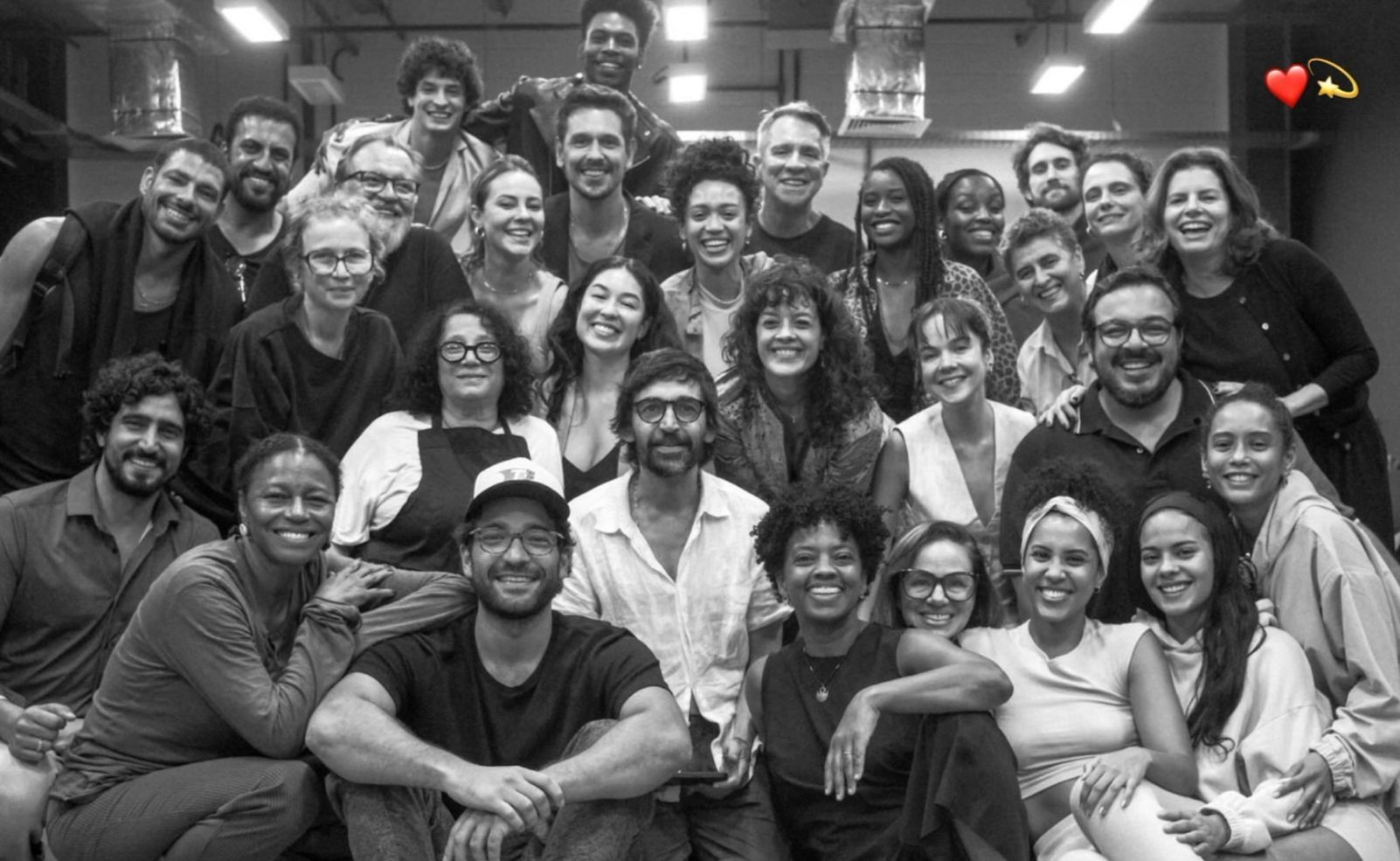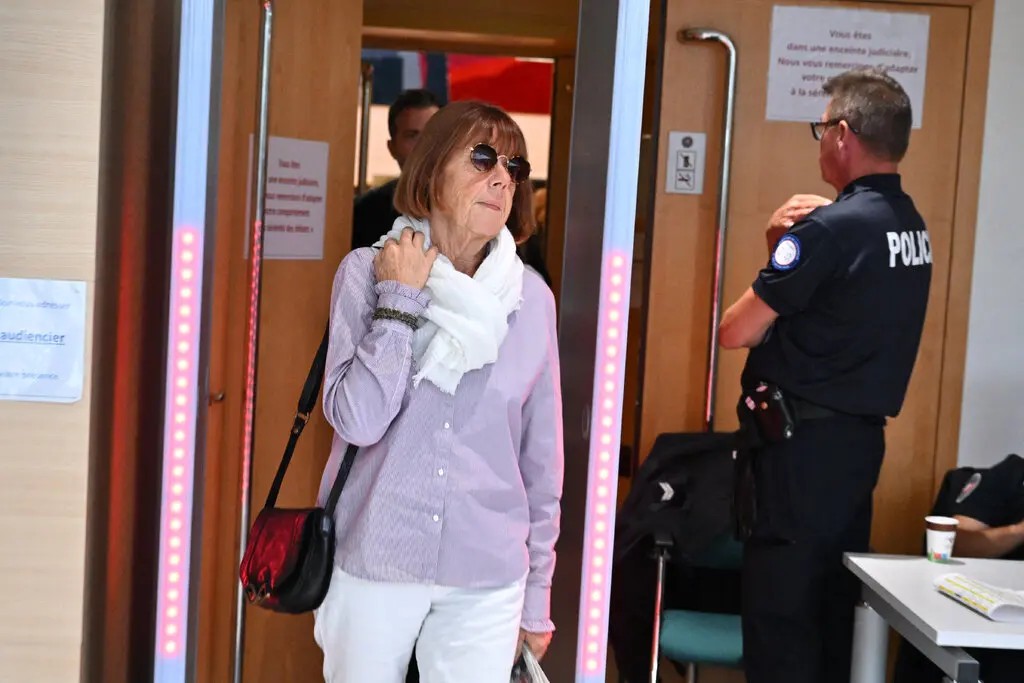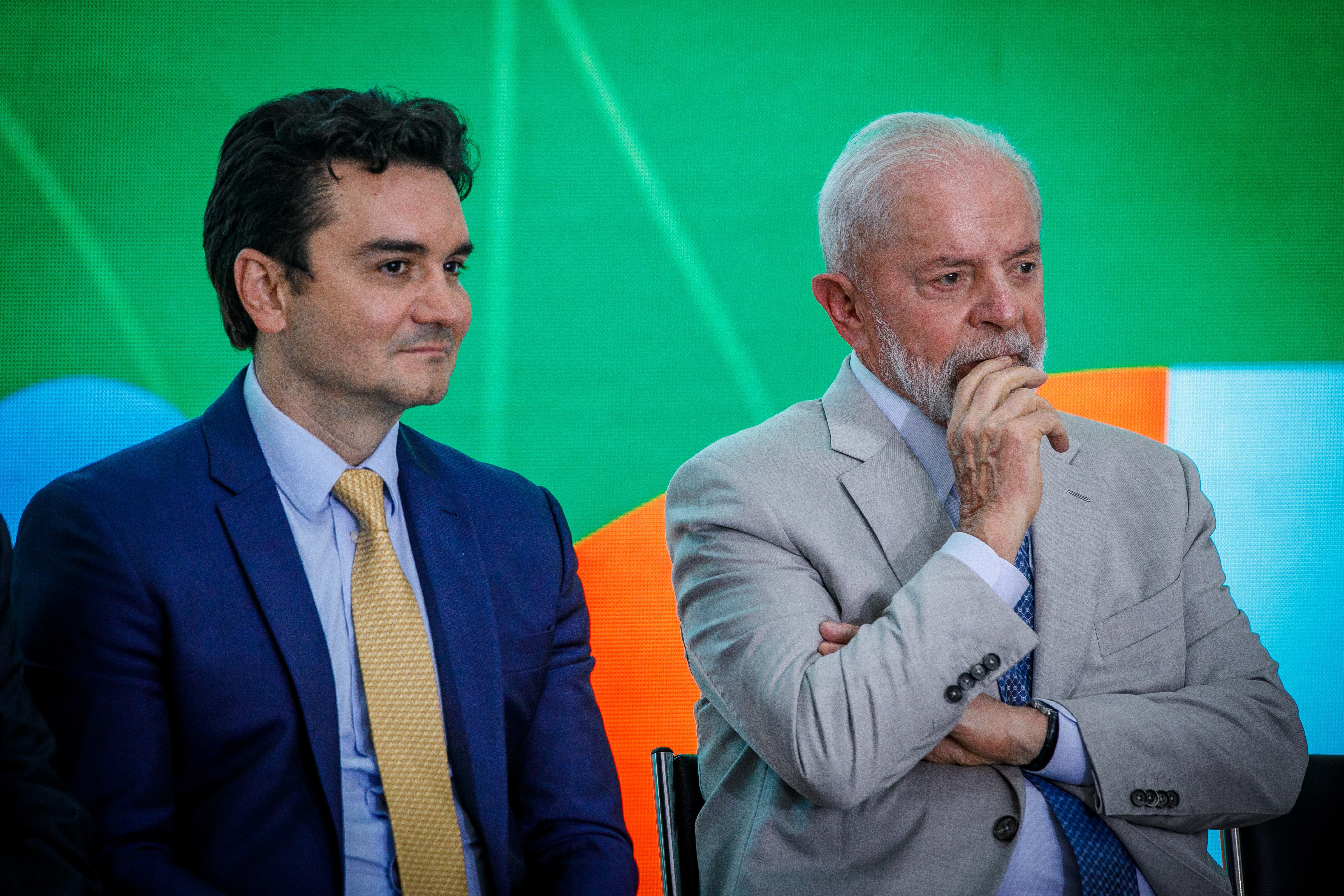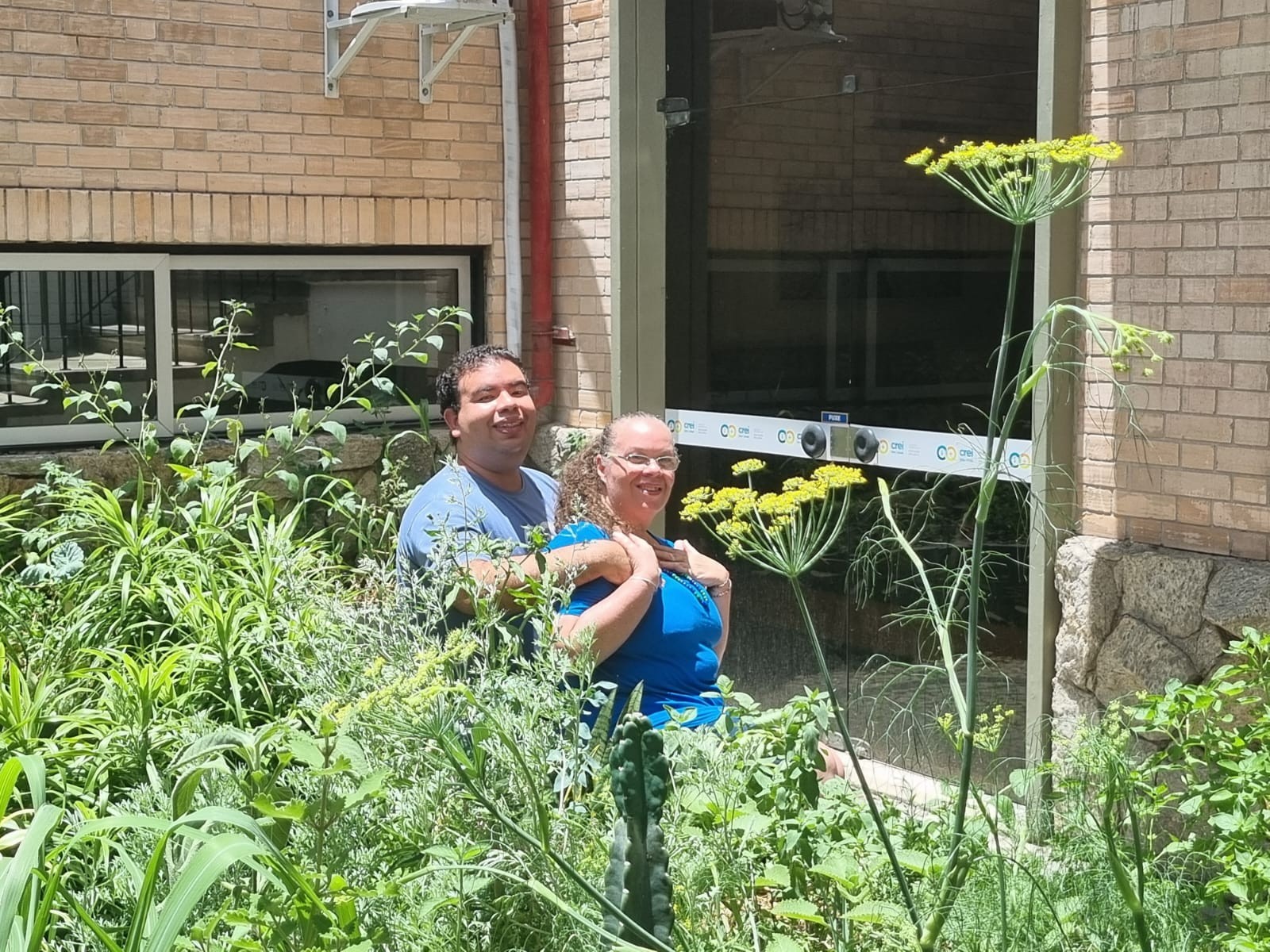On the eve of the G20 summit, Marina Silva says economy and ecology must be 'in the same equation'
During a climate-focused event, minister expresses belief that discussions at COP29 in Azerbaijan 'are not stagnant' The Minister of Environment and Climate Change, Marina Silva, stated on Sunday that G20 leaders, business leaders, and civil society must address climate and economic issues "in the same equation." She advocated for progress on some topics put forward by Brazil during its rotating presidency of the bloc, such as the taxation of large fortunes. Silva also expressed optimism about advancements at COP29 in Azerbaijan, where the word "stagnation" is clouding discussions. G20 Social: Final statement advocates taxing the ultra-wealthy and condemns far-right misinformation Fun in Rio: 20 paired activities for the G20 holiday weekend in Rio de Janeiro During an event organized by Global Citizen, a global movement aimed at advocating for actions to combat poverty and promote social justice, held at the Fundação Getúlio Vargas, the minister emphasized that it is no longer possible to speak of "compatibility" between economy and ecology but to discuss them as one. According to Marina Silva, if this is not done, the final outcome "may not be favorable," citing recent climate disasters in Brazil and Spain. In her remarks, Marina Silva expressed belief in progress at COP29, taking place in Baku, Azerbaijan, where the first week of negotiations has yet to yield significant advances. The main sticking point is the issue of financing for climate actions: a crucial goal of the meeting is to establish a new target for countries' financial commitments, currently at $100 billion, a figure deemed insufficient by experts and some governments. — COP29 centers around the issue of financing; without addressing financing, none of our plans can move forward — said the minister. She recalled that at COP27 in the United Arab Emirates, one of the world's largest fossil fuel producers, a commitment was approved for the first time, supported by oil-producing nations, to begin the transition away from fossil fuels. Marina Silva further stated that the discussions "are not stagnant," but stressed the need to "ensure the second week is marked by intense dialogue." Comparing UN conferences with the G20, she highlighted that the group's meetings "occur in a political dynamic," and in this context, Brazil acted "innovatively" by bringing issues like climate, combating hunger, and taxation of large fortunes to the forefront of the debates. The translation of this text into english was carried out by Project Irineu, O GLOBO's initiative to develop artificial intelligence tools. Here is the link to the original report.
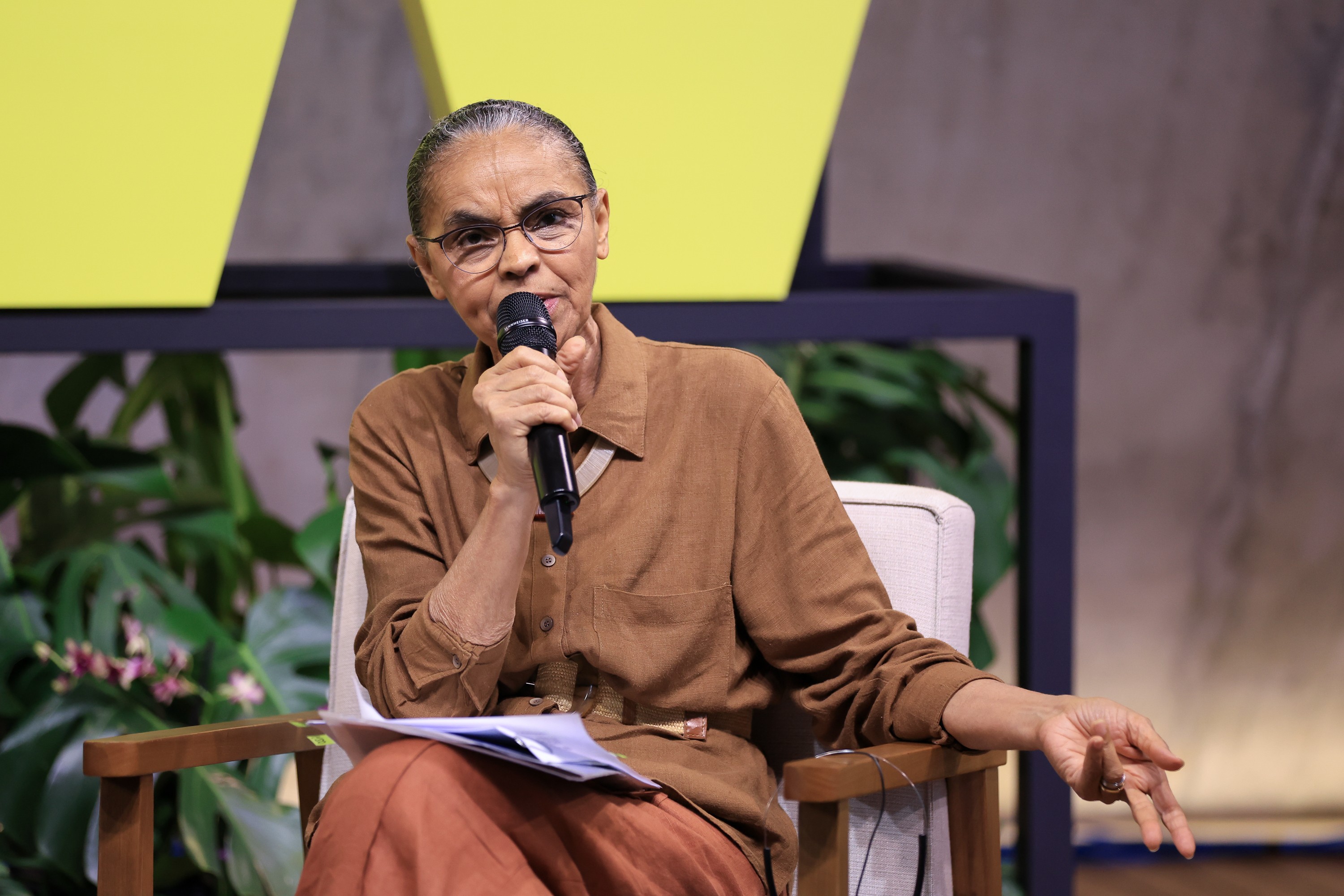

During a climate-focused event, minister expresses belief that discussions at COP29 in Azerbaijan 'are not stagnant' The Minister of Environment and Climate Change, Marina Silva, stated on Sunday that G20 leaders, business leaders, and civil society must address climate and economic issues "in the same equation." She advocated for progress on some topics put forward by Brazil during its rotating presidency of the bloc, such as the taxation of large fortunes. Silva also expressed optimism about advancements at COP29 in Azerbaijan, where the word "stagnation" is clouding discussions. G20 Social: Final statement advocates taxing the ultra-wealthy and condemns far-right misinformation Fun in Rio: 20 paired activities for the G20 holiday weekend in Rio de Janeiro During an event organized by Global Citizen, a global movement aimed at advocating for actions to combat poverty and promote social justice, held at the Fundação Getúlio Vargas, the minister emphasized that it is no longer possible to speak of "compatibility" between economy and ecology but to discuss them as one. According to Marina Silva, if this is not done, the final outcome "may not be favorable," citing recent climate disasters in Brazil and Spain. In her remarks, Marina Silva expressed belief in progress at COP29, taking place in Baku, Azerbaijan, where the first week of negotiations has yet to yield significant advances. The main sticking point is the issue of financing for climate actions: a crucial goal of the meeting is to establish a new target for countries' financial commitments, currently at $100 billion, a figure deemed insufficient by experts and some governments. — COP29 centers around the issue of financing; without addressing financing, none of our plans can move forward — said the minister. She recalled that at COP27 in the United Arab Emirates, one of the world's largest fossil fuel producers, a commitment was approved for the first time, supported by oil-producing nations, to begin the transition away from fossil fuels. Marina Silva further stated that the discussions "are not stagnant," but stressed the need to "ensure the second week is marked by intense dialogue." Comparing UN conferences with the G20, she highlighted that the group's meetings "occur in a political dynamic," and in this context, Brazil acted "innovatively" by bringing issues like climate, combating hunger, and taxation of large fortunes to the forefront of the debates. The translation of this text into english was carried out by Project Irineu, O GLOBO's initiative to develop artificial intelligence tools. Here is the link to the original report.
Qual é a sua reação?







